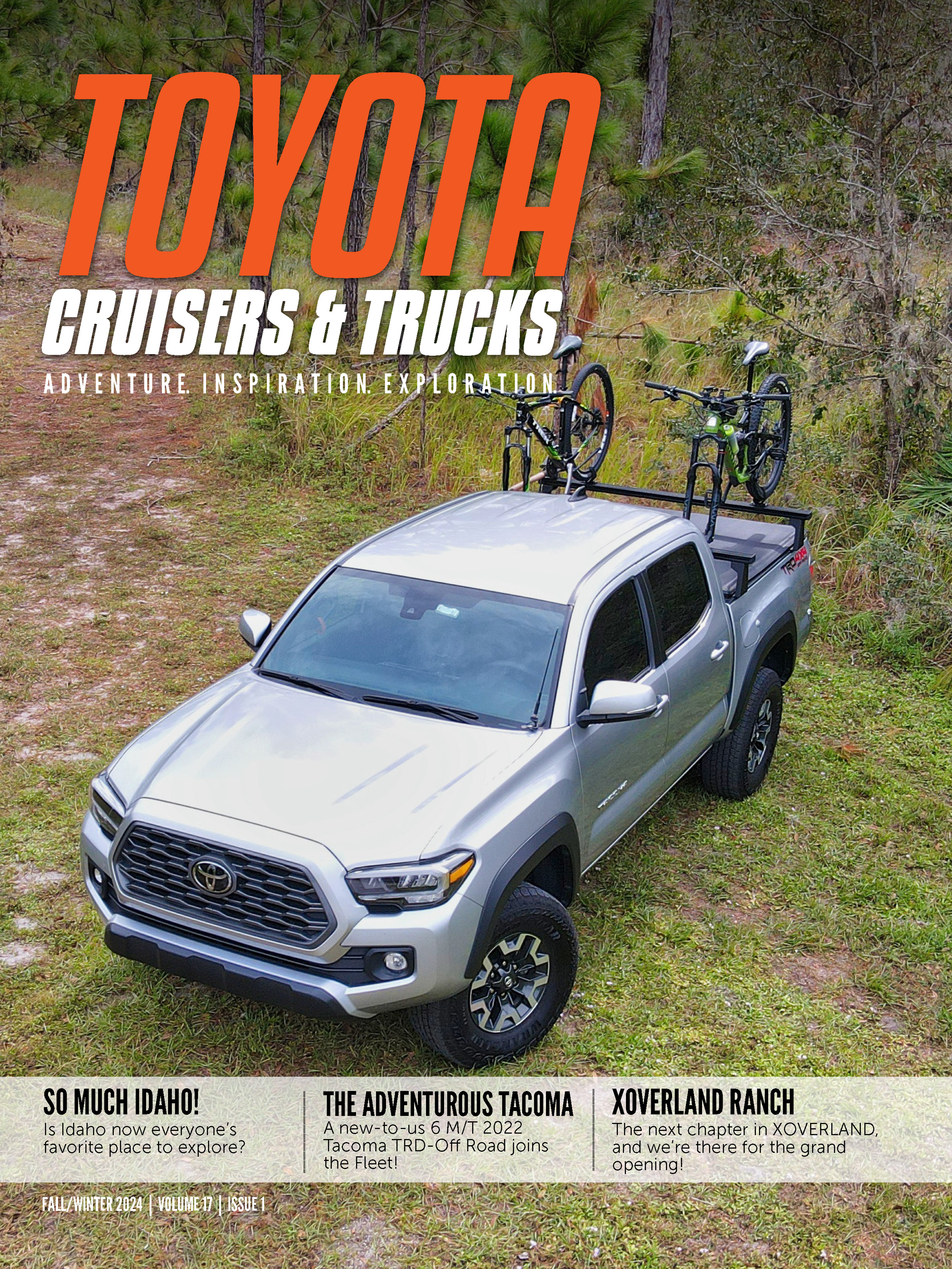In the first article of Off Road Navigation, we discussed the need to carry good paper maps with you wherever you go. Paper maps will always be a necessity, regardless of which GPS option you may use, so don’t leave home without them.
This time, we'll discuss some of the Portable GPS options available for off road use. Portable GPS’s refer to units that can be mounted in the vehicle but are not necessarily permanent. Since there are literally hundreds of options, we narrowed the list of candidates by identifying models that meet these specific requirements:
#1 – Mapping: Any modern GPS that we’ll be using in conjunction with paper maps must support maps. We would prefer topographical maps, but this is not absolutely necessary
#2 – Expandable Memory: Maps take up space. A GPS with very little built-in memory and no expansion capability has limited usefulness.
#3 – Batteries + External Power: The unit must use standard batteries, have a decent battery life, and must support an external power supply.
#4 – Price: A portable GPS unit should be able to meet all of our requirements without breaking the bank. While we didn’t set a specific budget, cost is considered.
Please download the Full PDF to continue reading this story. It's Free!
You can also view this entire issue online !




